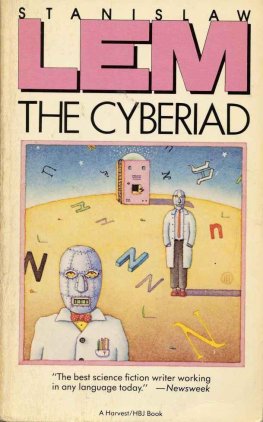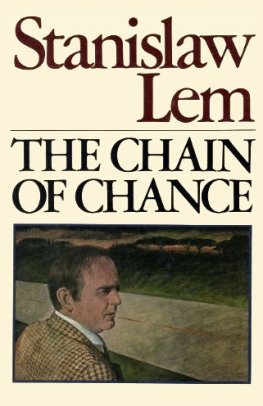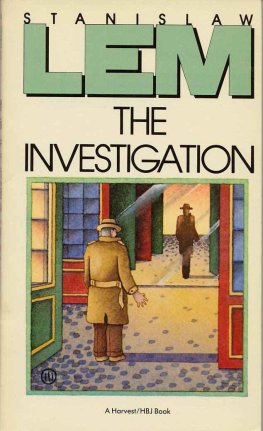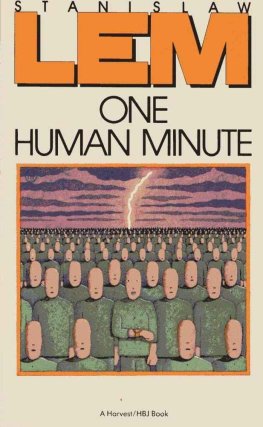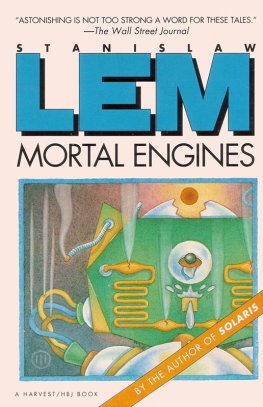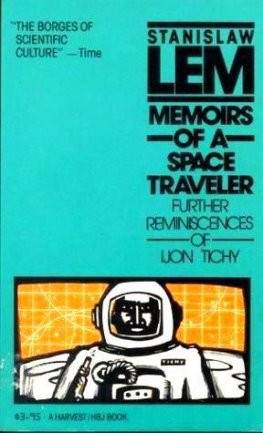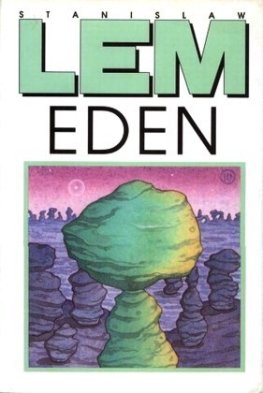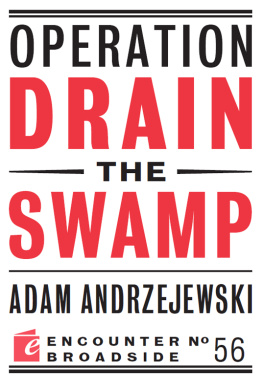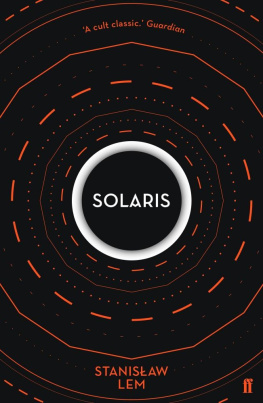Stanislaw Andrzejewski - Military Organization and Society
Here you can read online Stanislaw Andrzejewski - Military Organization and Society full text of the book (entire story) in english for free. Download pdf and epub, get meaning, cover and reviews about this ebook. year: 2013, publisher: Routledge, genre: Science. Description of the work, (preface) as well as reviews are available. Best literature library LitArk.com created for fans of good reading and offers a wide selection of genres:
Romance novel
Science fiction
Adventure
Detective
Science
History
Home and family
Prose
Art
Politics
Computer
Non-fiction
Religion
Business
Children
Humor
Choose a favorite category and find really read worthwhile books. Enjoy immersion in the world of imagination, feel the emotions of the characters or learn something new for yourself, make an fascinating discovery.

- Book:Military Organization and Society
- Author:
- Publisher:Routledge
- Genre:
- Year:2013
- Rating:4 / 5
- Favourites:Add to favourites
- Your mark:
- 80
- 1
- 2
- 3
- 4
- 5
Military Organization and Society: summary, description and annotation
We offer to read an annotation, description, summary or preface (depends on what the author of the book "Military Organization and Society" wrote himself). If you haven't found the necessary information about the book — write in the comments, we will try to find it.
Military Organization and Society — read online for free the complete book (whole text) full work
Below is the text of the book, divided by pages. System saving the place of the last page read, allows you to conveniently read the book "Military Organization and Society" online for free, without having to search again every time where you left off. Put a bookmark, and you can go to the page where you finished reading at any time.
Font size:
Interval:
Bookmark:

| I | Apprenticeship | Liepmann |
| II | Industrial Disputes | Eldridge |
| III | Industrial Injuries Insurance | Young |
| IV | The Journey to Work | Liepmann |
| V | The Lorry Driver | Hollowell |
| VI | Military Organization and Society | Andrzejewski |
| VII | Mobility in the Labour Market | Jeffreys |
| VIII | Organisation and Bureaucracy | Mouzelis |
| IX | Planned Organizational Change | Jones |
| X | Private Corporations and their Control (Part One) | Levy |
| XI | Private Corporations and their Control (Part Two) | Levy |
| XII | The QualifYing Associations | Millerson |
| XIII | Recruitment to Skilled Trades | Williams |
| XIV | Retail Trade Associations (The above title is not available through Routledge in North America) | |
| XV | The Shops of Britain | Levy |
| XVI | Technological Growth and Social Change | |
| XVII | Work and Leisure | Anderson |
| XVIII | Workers, Unions and the State | Wootton |
STANISLAW ANDRZEJEWSKI
A. R. RADCLIFFE-BROWN

by Routledge
by Routledge
2 Park Square, Milton Park, Abingdon, Oxon, OX14 4RN
A CIP catalogue record for this book
is available from the British Library
ISBN 0-415-17680-8
The Sociology of Work and Organization: 18 Volumes
ISBN 0-415-17829-0
The International Library of Sociology: 274 Volumes
ISBN 0-415-17838-X
The publisher has gone to great lengths to ensure the quality of this reprint but points out that some imperfections in the original may be apparent
Font size:
Interval:
Bookmark:
Similar books «Military Organization and Society»
Look at similar books to Military Organization and Society. We have selected literature similar in name and meaning in the hope of providing readers with more options to find new, interesting, not yet read works.
Discussion, reviews of the book Military Organization and Society and just readers' own opinions. Leave your comments, write what you think about the work, its meaning or the main characters. Specify what exactly you liked and what you didn't like, and why you think so.

